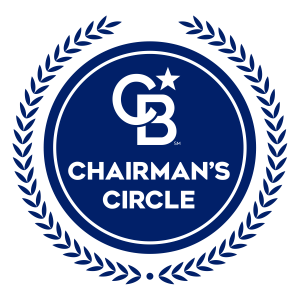Living in a good school district doesn’t just bring better teachers, better books, and better test scores — it also can help preserve home values and ensure faster resale rates.
It’s a smart move to consider the quality of school districts in your home-buying decision — although there are pros and cons to buying in top-notch school regions. Parents hoping to land a good home deal and give their kids access to a high-quality education have several costs to weigh. If you do the math, you’ll find that pricier homes in a strong public school district may actually be better bargains than affordable homes in districts where many children attend private schools.
Seeking good public schools
Many buyers search for real estate by school district, and say school districts are among the key factors in their home-buying decision. In a recent Trulia survey, 19% of Americans indicated that their dream home is located in a great school district. But among parents of children under 18, the percentage of Americans who want to live in a great school district jumps to 35%.
How can you tell if your potential new home is in a district that makes the grade? Consider the age of the schools, the condition of their facilities, the student-to-teacher ratios, and, of course, standardized test scores.
The bigger picture
It’s not as simple as it may seem to draw conclusions between school districts and real estate, though. A poorly ranked public school district doesn’t necessarily mean that the overall quality of local education there is poor.
And there are private schools to consider as well. Parents looking for homes in lower-rated districts but who still want quality education may need to factor in the cost of a private education, which runs well into the thousands per year. Tuition rates vary widely, but the average tuition cost is $10,940, which is the same as $912 per month in mortgage payments, according to a 2014 Trulia analysis.
Put it this way: A homeowner with a $1,326 mortgage payment on a $300,000 house who is also paying the $912-per-month average tuition could, in effect, afford a $520,000 house with public school education in a better-quality school district. Because home prices and school tuitions vary so widely, buyers will have to calculate these differences on their own (and obviously there are more factors than just local school districts and housing prices that drive real estate decision making).
Considering the future
When it comes to resale value, though, even for buyers without children, investing in a home in a good-quality school district can pay off. Homes in good school districts tend to sell faster than homes in lower-quality school districts. And during tougher economic times that trigger declines in home values, homes in better school districts usually hold their value more than homes in lower-quality school districts.
On the downside, these homes in better school districts also tend to be more expensive. Buyers here will pay higher property taxes, and much of that money will be allotted right back to the schools. For childless buyers, that’s no bargain. But in general, buying in a good school district does matter and, with more stability in home prices and more savings from costly private school education, it usually works in favor of the buyer.

 Facebook
Facebook
 X
X
 Pinterest
Pinterest
 Copy Link
Copy Link












